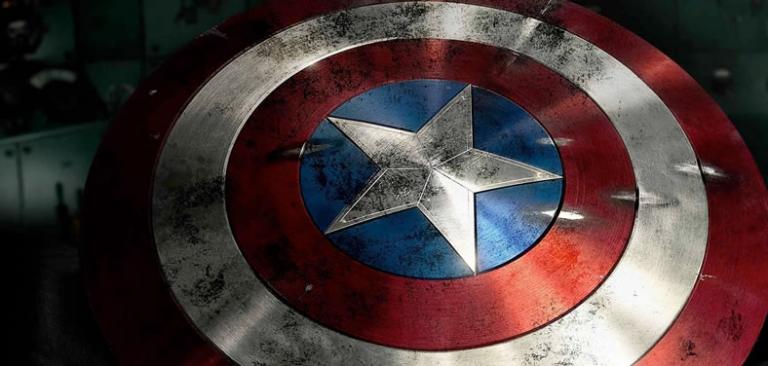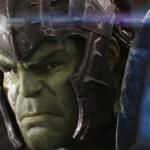
It’s not the first time Captain America has been ready to sacrifice his all for others. In some respects, he actually “dies” in the first movie, crash-landing an aircraft into the Arctic Ocean to save millions of lives. He spends decades down there, literally frozen in time. We know he’d sacrifice his life for others because he’d already done so. And near the end of Winter Soldier, he tells anyone who follows him that they might have to do the same.
“I know I’m asking a lot,” he says. “But the price of freedom is high. It always has been. And it’s a price I’m willing to pay. And if I’m the only one, then so be it. But I’m willing to bet I’m not.”
‘Course, it’s a rare superhero that isn’t willing to sacrifice his life for others, right? That’s what superheroes do. But in Captain America: Civil War, he goes even beyond that.
Again, Bucky/Winter Soldier is at the center of Cap’s story. He’s been accused of the bombing of a United Nations building—a bombing that kills several folks, including T’Chaka, king of the African nation of Wakanda. Cap wants to apprehend Bucky himself, knowing it’s the only way that Bucky’ll make it out of the situation alive. But when he learns that Bucky was framed, Cap doesn’t just lay down his life, but his reputation.
That may sound insignificant, but I don’t think it is. Most of us probably have people we’d die for. But how hard would it be to live in shame for them? To lose our friends, our jobs, everything we’ve worked so hard for. Ecclesiastes 7:1 tells us that “A good name is better than precious ointment, and the day of death than the day of birth.” See, once you’re dead, your reputation is set. Losing that reputation and watching it go? That’d be tough.
And keep in mind, this is Captain America we’re talking about—a man whose spent his whole life being a role model. That’s who he is. Why, even in Spider-Man: Homecoming, we see Cap serving up a handful of cheesy PSAs.
How hard would it be for a guy like Cap, whose spent his whole life as a spokesman for American truth, values and the rule of law, to break that law, shatter his rep and sunder his relations with the Avengers—the team he led through two world-endangering crises?
We see another reflection of Jesus in that, by the way. It wasn’t enough for Jesus to just die for us, apparently: He needed to suffer for us, and not just physically. The gospels make a big deal of how Jesus was tormented and jeered and spit upon. The crown of thorns was intended to be a painful mockery of who Christ was (in Rome’s eyes) pretending to be. His walk to the cross was intended to be a walk of shame. Here’s your false king, it said. Here’s your Messiah.
In Civil War, we see the symbol for law and order become a renegade from it. But those are the sacrifices he risked and made when he chose to follow a higher law.
I’ve already written about how I kinda sided with Iron Man in Civil War. But Steve Rogers’ decision (can we still even call him Captain America?) is defensible, too. “Whoever knows the right thing to do and fails to do it, for him it is sin,” James 4:17 tells us. “Blessed are those who are persecuted for righteousness’ sake, for theirs is the kingdom of heaven,” we read in Matthew 5:10.
Steve Rogers has endured persecution. He’s always risked everything to do what he believes is right. He’s sacrificed for his country, for his friends, and for his sacred ideals numerous times.
And I believe he’ll do so again, and soon. Given Cap’s history, given his ethos, given the themes that undergird his whole being, how could it be any other way?












